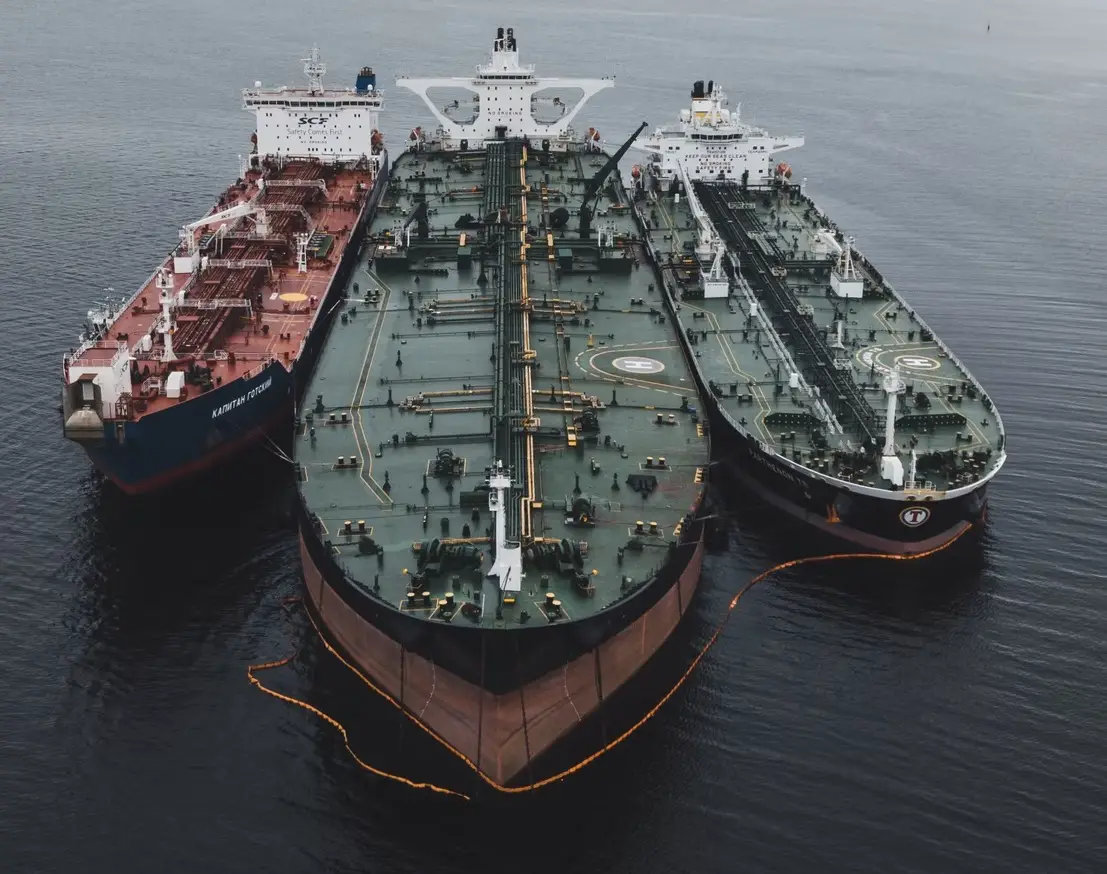EU member states reached an agreement on a sixth round of Russian sanctions, including new limits on oil exports, it was announced Monday. After weeks of back and forth, it was finally concluded that Hungary and Bulgaria would be allowed to continue to import Russian oil, however most other outlets for Russian oil would be blocked.
The new limits should affect about 75% of Russian oil exports initially, with the percentage increasing to 90% by the end of the year, according to EU Council President Charles Michel.
Hungarian Prime Minister Viktor Orban said. “Hungarian families can sleep well,” after negotiating to exempt his nation from any restrictions, allowing them to continue to import cheap Russian oil for heating and fuel. Hungary had initially opposed any such proposal, maintaining it could not replace its Russian oil. Landlocked, and unable to import oil over the sea, Hungary gets approximately 60% of its crude from Russia, through the Soviet-era Druzhba pipeline.
Bulgarian Prime Minister Kiril Petkov negotiated a waiver for his nation which will allow them to continue to import Russian oil until 2024. He maintained Bulgaria would require a grace period in order to switch their refinery system from Russian crude to other sources.
Because they are connected to the same pipeline as Hungary, Slovakia and the Czech Republic will also be allowed to buy Russian oil, at least for a time.
Any sanctions package required the approval of all 27 member countries. So Hungary’s opposition essentially prevented any possibility of any deal on a sanctions package. The EU managed to lure Hungary into the agreement by focusing the sanctions on sea deliveries, thus leaving its pipeline supply unaffected. However EU officials have indicated that it is their position Russian pipeline oil will have to be targeted at some point.
The sanctions packages are supposed to act as retaliatory punishment for Russia’s military action in Ukraine. However many point to the fungibility of oil in making the case such sanctions are little more than a cosmetic response. As the West prevents Russian oil from entering the Western market, the price of oil in the West will rise. As a result, nations not participating in the sanctions, like India or China will shift their purchasing from expensive Western oil to cheaper Russian oil, increasing available supply in the West and driving the prices back down, and increasing the demand for Russian oil, raising the prices back up.
Ursula von der Leyen, the President of the European Commission, explained, “If we immediately cut – as of today – off the oil, he might be able to take the oil that he does not sell to the European Union to the world market, where the prices will increase, and sell it for more, and fill his war chest.”

